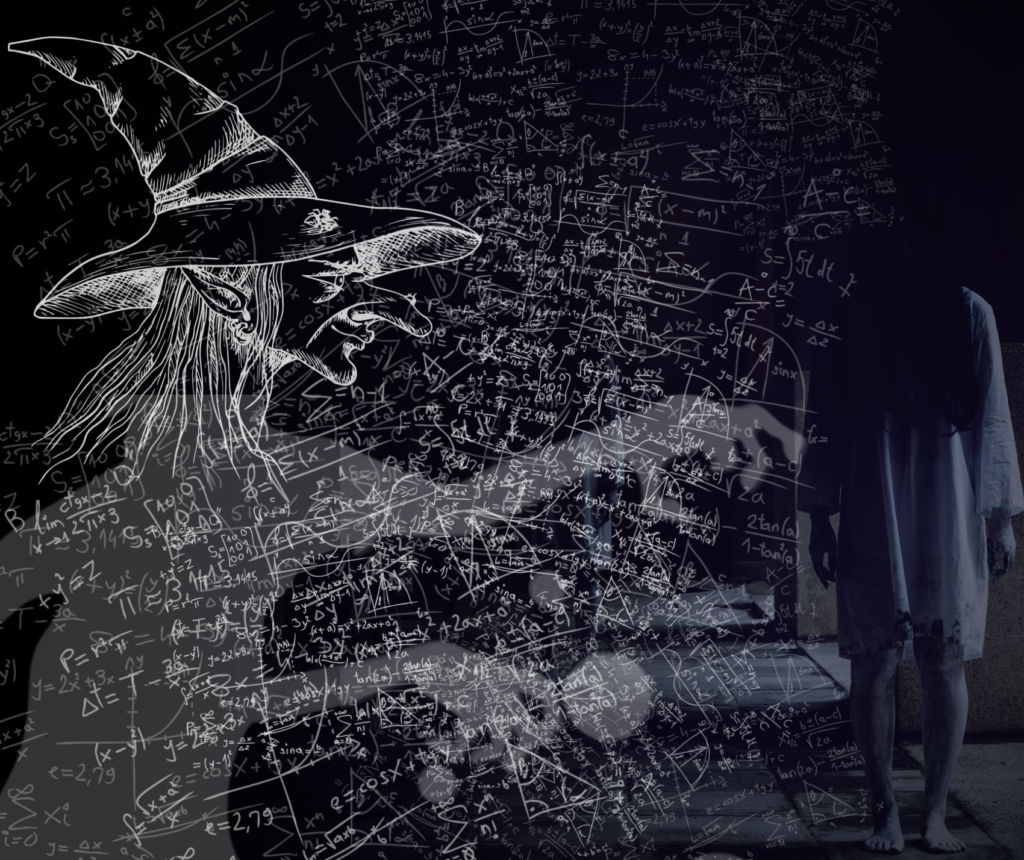Halloween was a frightful day in China for my fifth grade self.
Elementary schools were meant to be a place to nurture “young successors of Communism,” so the foolery of costumes was not tolerated. But my friend Jing and I had learned enough about the curious activity of trick-or-treating in our English class to embark on an adventure of our own.
On the chilly October night, I donned a witch’s cape and a half-face masquerade ball mask with a ridiculous feather protruding on the side, because with our limited comprehension of the enigmatic English lecture on Halloween, we understood we had to dress up but did not realize that the costume was supposed to be, well, somewhat coherent.
Living in the city of Beijing meant there were only three or four families we knew within walking distance, and those were the only ones we dared to visit.
The last home we visited belonged to a girl named Song. We e had long heard of her formidable mother who made Song the undisputedly smartest kid of our class, so we avoided it again and again until the lure of candy overcame our dread of her fearsome mother.
Knock, knock.
A petite woman opened the door and peered down at us suspiciously. Jing and I peeked into the door in equal suspicion and curiosity to see what sort of environment housed the smartest kid in class. After all, there had been many rumors of enormous stacks of practice tests Song was put through in preparation for the finals (yep, Chinese students start taking finals in first grade. Joy!).
It was a tiny apartment, with every function of a house squeezed into the space of a bedroom. Song was sitting criss-crossed on a bed, a notebook in her lap. She spotted us and informed her mother that we were her friends.
“We are, uh, asking for candy,” I said timidly.
The woman grinned like a cat who spotted its prey — or so it seemed to us — because she smoothly said, “Oh, sorry, we don’t have candy. But we do have math problems.”
So, I suddenly found myself on the bed, with a pencil and a piece of paper on which a math problem was printed.
Song’s mother announced that it was a competition: to see who could solve it the fastest. Before I could wrap my head around the situation and formulate an escape, she started a timer of eight minutes. On cue, Song began writing hurriedly.
I blinked at the paper and attempted to decipher the word problem. I know that the people in the problem were the ones who were supposed to be running around a circular track, but the only thing that seemed to be going in circles was my brain as I tried to pin down the relationship between distance, rate and time.
I glanced up and saw a bewildered Jing whose face must have mirrored my own. I looked down and tentatively scribbled a few variables onto the paper. But there were too many variables for too few equations, and nothing would work out.
Minutes dragged on as I sat in the tiny prison of a room, still clad in my preposterous cape, contemplating how I would never envy Song’s reputation as the smartest kid of the class again.
“I’m done,” Song whispered.
Her answer was correct, of course, for her mother smiled proudly. “Explain it to your friends,” the woman commanded.
“Can I not explain?” Song asked shyly.
“I tell you to explain so you will explain!” Her mother huffed, her eyes bulging like those of a tiger.
Song ducked her head and told us how the problem should be solved — words that were nonsense to my ears.
“Very good!”
Her mother’s merriment was back, which also meant she was ready to continue with her master plan. She produced a large stack of even more math problems.
It was purely my survival instinct that made me squeak, “My mom will pick me up soon. We have to go!”
Jing and I fled for our lives. It was truly a frightful Halloween for two fifth graders in China.

























